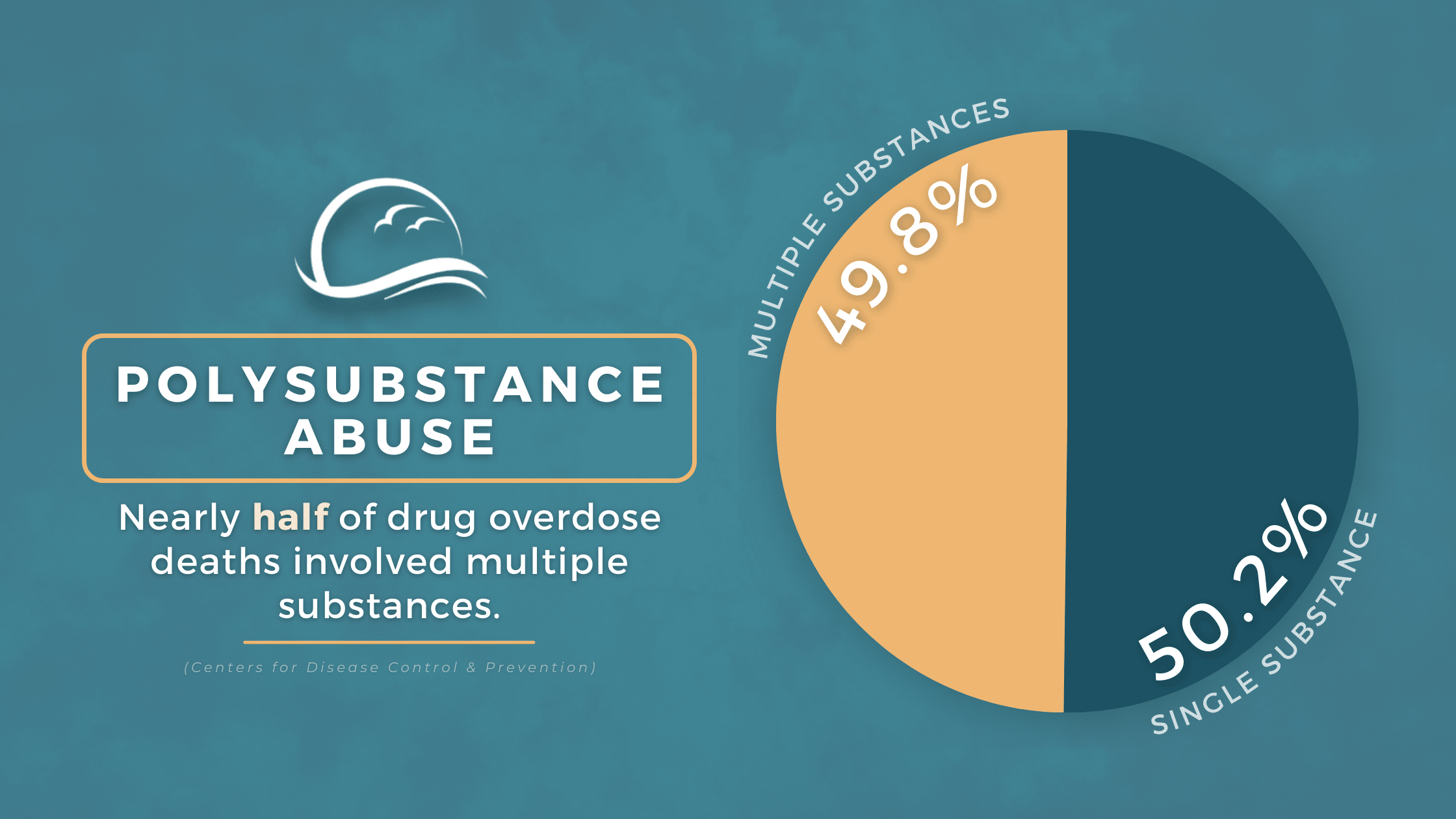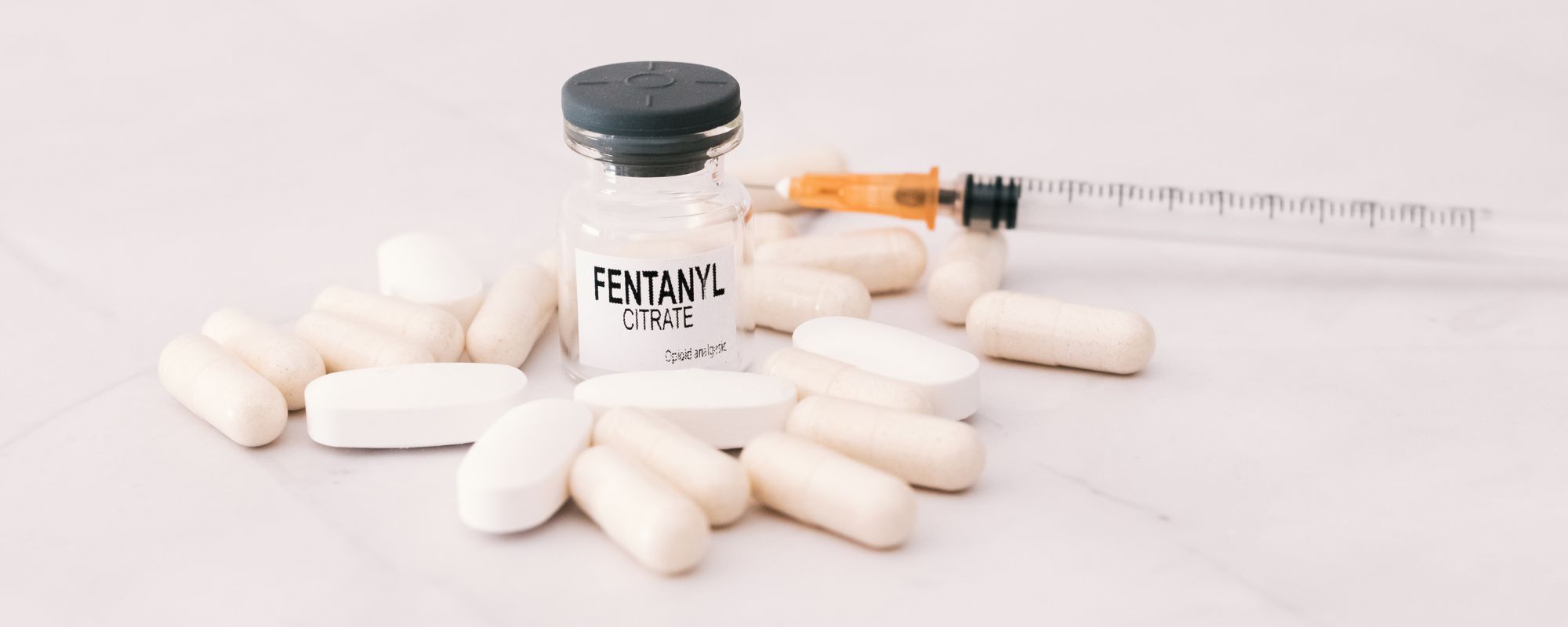Xanax and weed may be among the most popular drugs in the United States. Xanax is the most prescribed drug in the country. Weed, meanwhile, is the third-most-popular drug in the US overall, behind alcohol and nicotine.
It therefore shouldn’t come as a surprise that the two drugs should be mixed together. It’s unknown how risky taking Xanax and weed at the same time is. In low doses, it doesn’t look to be dangerous.
However, everyone reacts differently, and the effects of substances grow more unpredictable when mixed together.
If you’ve just taken Xanax and weed, don’t worry. It’s impossible to overdose on weed, and unless you’ve taken a lot of Xanax, you should be fine there, too. However, there might be some unpleasant side effects.
In this article, we’ll go over what you need to know about combining drugs like Xanax and weed.
What Is Polysubstance Abuse?
When substance use involves at least two drugs or more, this is called polysubstance abuse. This could involve the use of multiple illicit drugs, the misuse of prescription medications, alcohol, or a combination of these. Xanax and weed are one such example.
Polysubstance abuse can lead to a complex addiction with severe health risks. Because different substances can have diverse and often unpredictable effects on the body and brain, polysubstance abuse can lead to serious health problems, including an increased risk of overdose, mental health disorders, damage to vital organs, and even death.
Withdrawal from multiple substances at the same time is an especially complex issue. If you or a loved one are dealing with polysubstance abuse involving Xanax, weed, or any other substance, please seek professional treatment.

What Is Xanax?
Xanax is the brand name for alprazolam, a prescription medication. It belongs to a class of drugs known as benzodiazepines, which are central nervous system depressants.
Xanax is commonly used to treat anxiety and panic disorders. It works by enhancing the activity of a neurotransmitter in the brain called gamma-aminobutyric acid (GABA), which inhibits the brain’s activity and produces a calming effect.
However, Xanax can be habit-forming and can lead to dependency, especially when used over extended periods or at high doses. Xanax withdrawal symptoms can be severe if you stop taking it suddenly. For these reasons, it should only be taken under the supervision of a healthcare provider.
What Is Weed?
“Weed” is a common slang term for marijuana, a psychoactive drug derived from the Cannabis plant. It contains hundreds of different compounds, but the most well-known and studied is THC, which has psychoactive effects, and is the reason most people use marijuana.
Cannabis use can have a variety of effects, both positive and negative. It can induce feelings of relaxation and euphoria, alter perception, and increase appetite. However, it can also cause short-term memory loss, impaired motor skills, and potential psychological dependence. The long-term effects of cannabis use are still being researched.
In the United States, the use, possession, and sale of marijuana are subject to a range of different laws. Many states in the U.S. have legalized cannabis for medical use, and a growing number have also legalized it for recreational use. However, it is still classified as a Schedule I substance at the federal level, which makes it illegal under federal law.
Is Weed Dangerous?
The health effects of cannabis are a topic of ongoing research and debate. For a long time, the idea that weed could have any dangers was rejected out of hand, derided as Reefer Madness hysteria. Recently, however, science has begun to indicate that weed is not unambiguously harmless after all.
According to the Substance Abuse and Mental Health Services Administration (SAMHSA), frequent marijuana use brings various harmful effects. In the short term, users have reported feelings of distrust, paranoia, and low self-esteem after taking too much.
There are many harmful long-term effects associated with chronic marijuana use as well. For example, regular use of marijuana can cause a permanent drop in IQ by as much as eight points. Habitual marijuana usage is linked to a variety of mental health disorders, such as schizophrenia and depression.
Is it Safe to Use Xanax and Weed?
Polysubstance abuse poses significant dangers. The effects of one substance can often exacerbate or alter the effects of the other, leading to unpredictable physical and psychological reactions.
In the case of Xanax and weed, each can heighten the effects of the other when combined. This can lead to severe drowsiness, confusion, and difficulties with concentration. It can also slow reflexes and impair motor skills, increasing the risk of accidents.
Drug Addiction Treatment at South Coast Behavioral Health
If you’re using habitually Xanax and weed together, that’s a sign you may need to seek professional help. South Coast Behavioral Health offers compassionate and affordable addiction treatment for weed and Xanax abuse.
Our treatment for substance abuse takes place along an entire spectrum of care. Along that entire spectrum are various behavioral therapies, support groups, and the use of medically-assisted treatment (MAT).
To help you fully recover from Xanax and weed, we provide the following levels of treatment:
Detox in California
The first step in helping your body heal is medical detox. Our medical detox program in California is staffed by caring and compassionate professionals who can provide you with medications to manage your withdrawal symptoms.
At South Coast, we take pride in offering care that is closely tailored to specific issues. To that end, we offer gender-specific detox programs, with medical detox for men in Irvine, CA, and medical detox for women in Huntington Beach, CA.
After detoxing, you can participate in intensive therapeutic treatment during our residential program.
Residential Treatment in California
After successfully completing medical detox, you’ll receive inpatient treatment in Orange County California. There, you’ll receive medically-assisted treatment and dual diagnosis treatment to deal with any cravings or co-occurring mental health issues you may be battling. We also offer residential treatment facilities in Costa Mesa, Irvine, and Huntington Beach for those who desire gender-specific treatment. There, patients get round-the-clock medical attention and monitoring while living at the institution full-time.
In addition to individual and group counseling and medication management, you’ll also have access to leisure activities and family support services.
Partial Hospitalization in California
Most clients start substance abuse treatment with South Coast in our residential treatment program. After completing that, many desire something that still provides structure and support, but with extra space and time to oneself. For that, we offer Partial Hospitalization in Newport Beach.
A step down from inpatient care but with more structure than conventional outpatient programs, partial hospitalization offers a good balance for those looking to ease back into normal life. Clients can receive care five to seven days a week for a number of hours each day, returning back to their homes in the evening.
This way, they can recover without putting their daily lives completely on hold, receiving intense therapeutic interventions like group and individual therapy, skill development, and medication management as necessary.
Intensive Outpatient Treatment in California
For those leaving inpatient residential treatment or partial hospitalization, intensive outpatient programs (IOP) are yet another gradual step forward on the road to recovery.
With a focus on group therapy, individual counseling, and education, clients undergoing Intensive Outpatient Treatment in Newport Beach can meet three to five days a week. Each session lasts three hours.
This level of care requires the least amount of attendance at a facility.
Get Started Today
If you or a loved one are struggling with polysubstance addiction but wonder how long addiction treatment takes or have other questions, call us at 866-881-1184 or contact us here. Our highly qualified staff will be happy to help give you an idea of what to expect from your addiction recovery timeline, verify your insurance, and assist with any other questions you may have.










